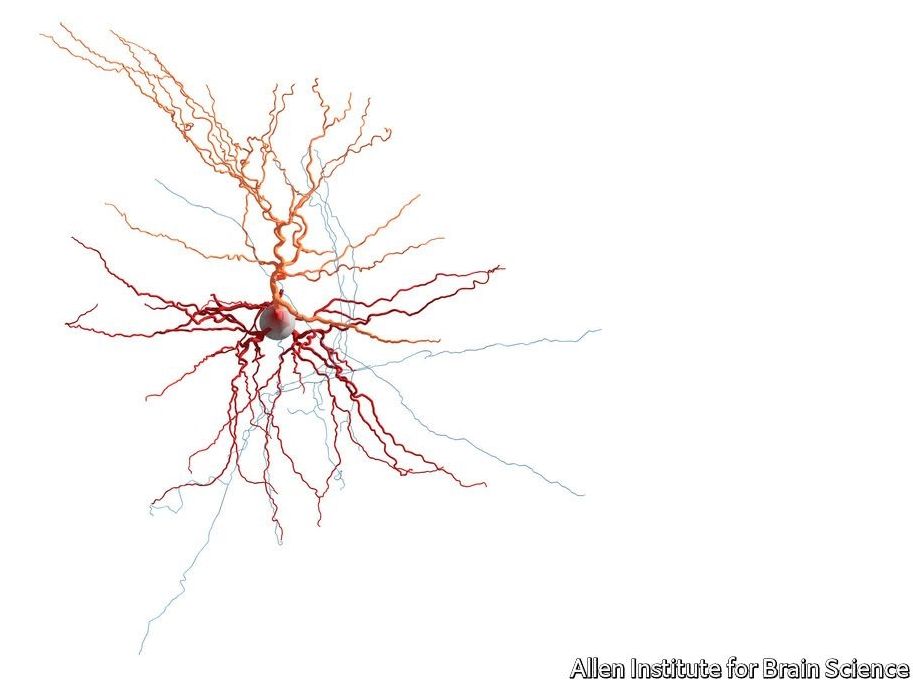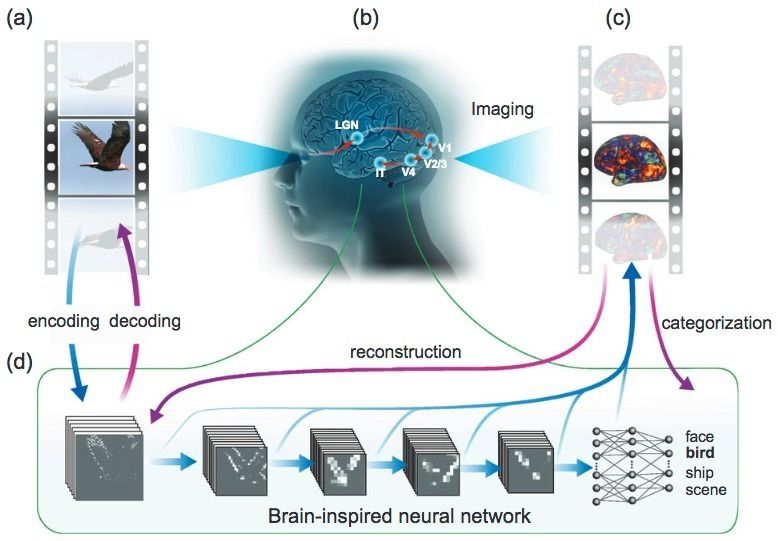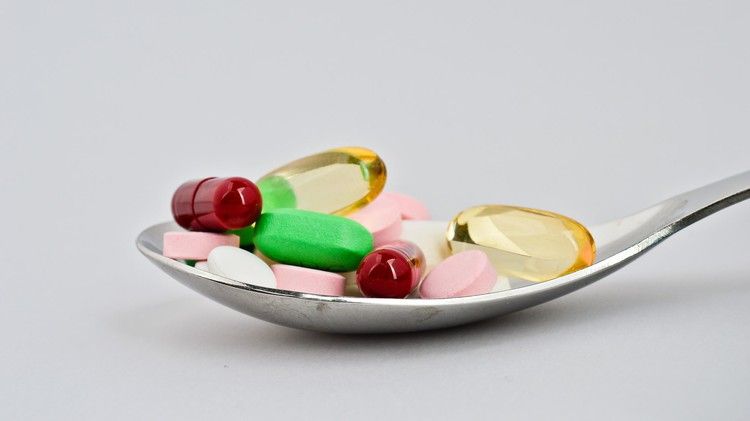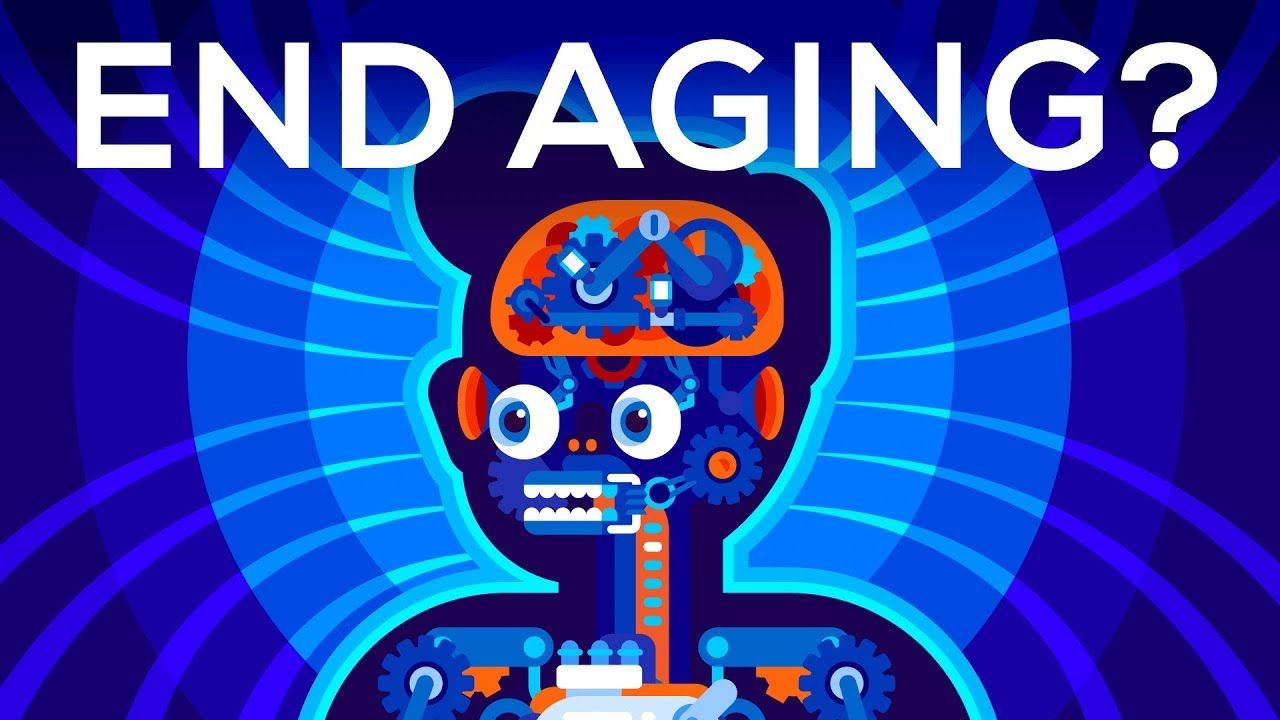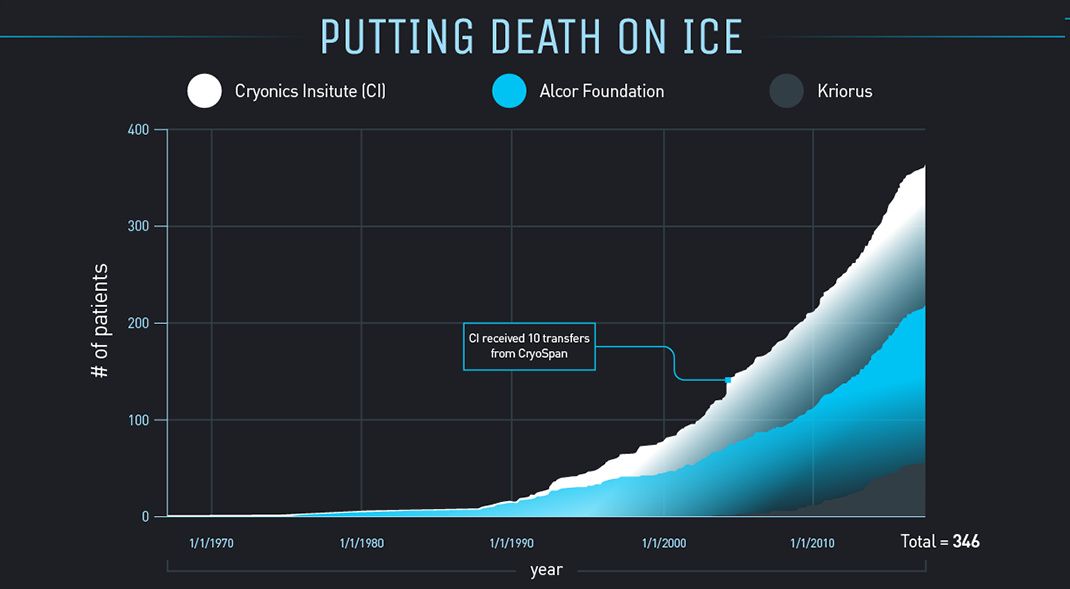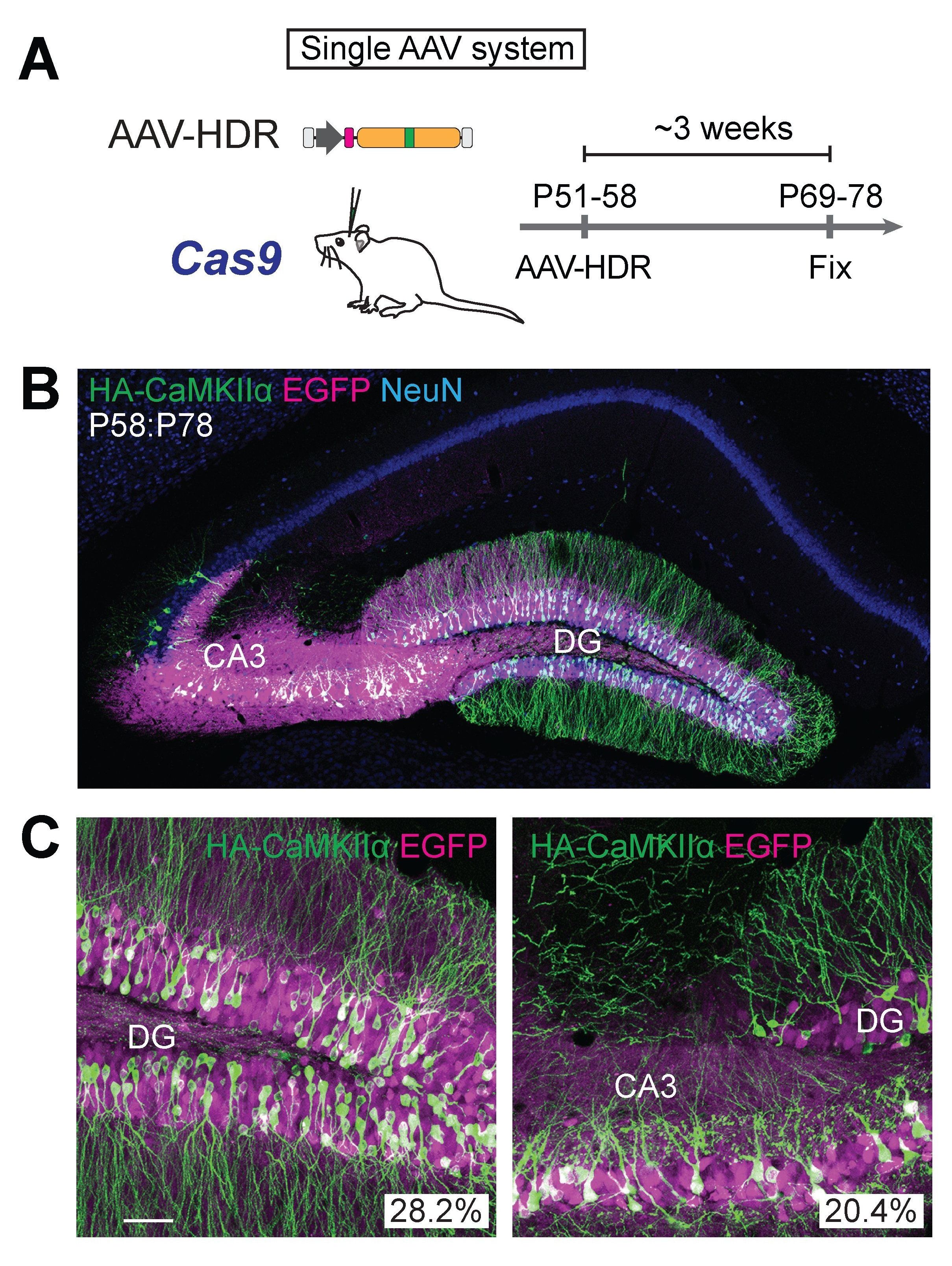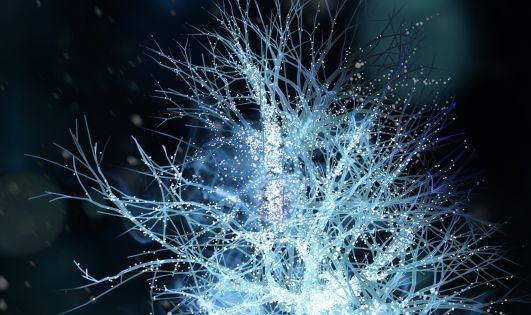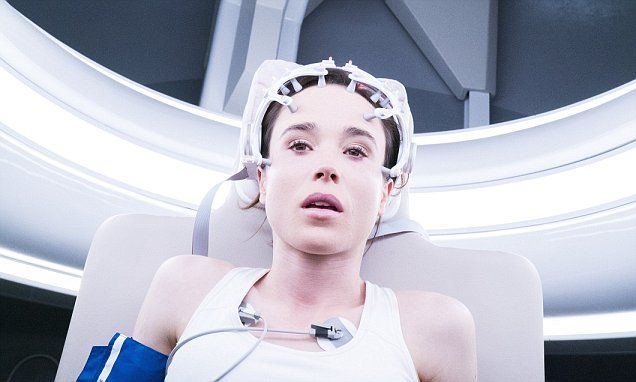Oct 28, 2017
The first data from a repository of living human brain cells
Posted by Dan Kummer in categories: biotech/medical, neuroscience, sustainability
PROFITABLY recycling waste is always a good idea. And the Allen Institute for Brain Science, in Seattle, has found a way to recycle what is perhaps the most valuable waste of all—living human brain tissue. Understandably, few people are willing to donate parts of their brains to science while they are still alive. But, by collaborating with seven local neurosurgeons, the institute’s chief scientist, Christof Koch, and his colleagues, have managed to round up specimens of healthy tissue removed by those surgeons in order to get to unhealthy parts beyond them, which needed surgical ministration. Normally, such tissue would be disposed of as waste. Instead, Dr Koch is making good use of it.
The repository the cells from these samples end up in is a part of a wider project, the Allen Cell Types Database. The first data from the newly collected human brain cells were released on October 25th. The Allen database, which is open for anyone to search, thus now includes information on the shape, electrical activity and gene activity of individual human neurons. The electrical data are from 300 live neurons of various types, taken from 36 people. The shapes (see picture for example) are from 100 of these neurons. The gene-expression data come from 16,000 neurons, though those cells are post-mortem samples.
The human brain is the most complex object in the known universe. Because it is more complicated than animal brains in ways that (say) human livers are not more complicated than animal livers, using animal brains as analogues of human ones is never going to be satisfactory. Dr Koch’s new database may therefore help explain what is special about human brains. That will assist understanding of brain diseases and disorders. It may also shed light on one of his particular interests, the nature of consciousness.
Continue reading “The first data from a repository of living human brain cells” »
